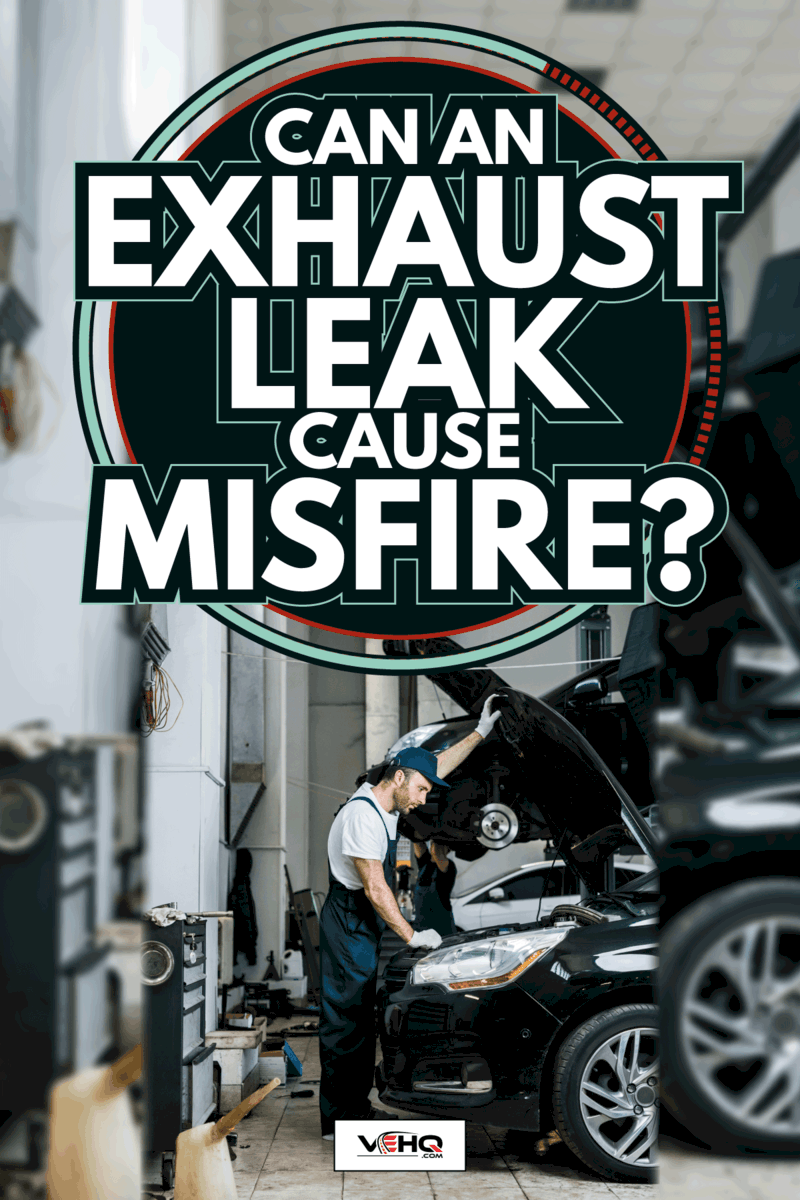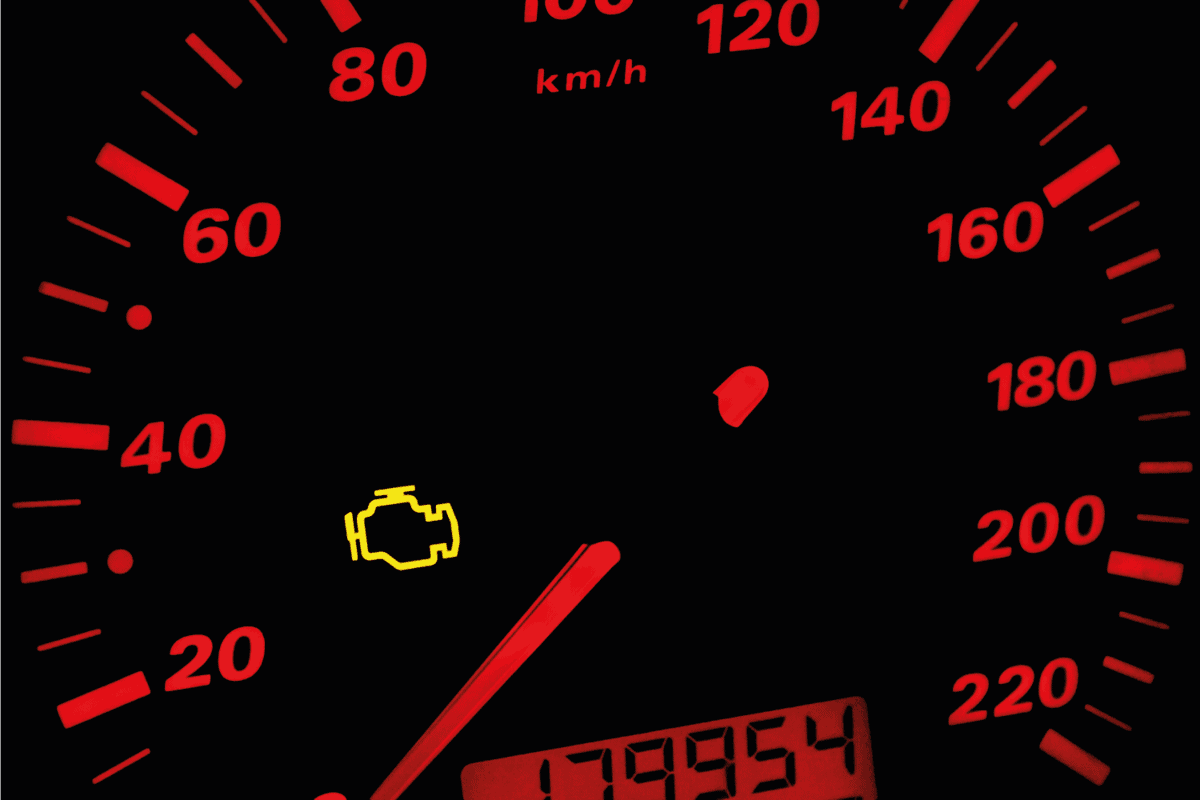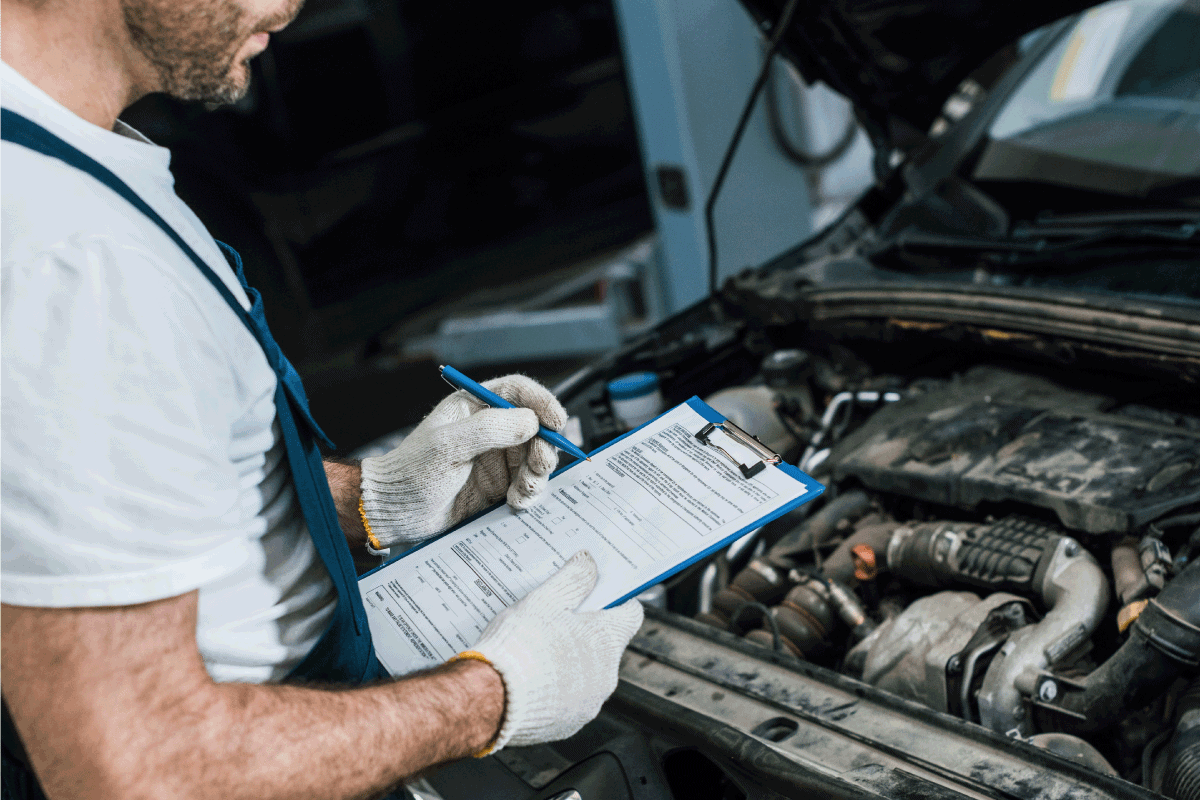The exhaust system is one of the less glamourous but essential parts of a vehicle. So your car is experiencing some misfiring symptoms. Could it be a leak in the exhaust gasket? Because there are multiple potential causes of most car problems, it's tough to find a direct answer. Fortunately, we carefully researched exhaust leaks and misfires to provide you with a solution here in this post.
Exhaust leaks are among the long list of problems that can cause misfiring in your engine. Most exhaust leaks occur in the exhaust manifold, connecting the exhaust system to your engine. Exhaust leaks in the manifold can lead to backfiring, loss of fuel economy, and overall engine damage.
That's the basic information on misfiring due to having an exhaust leak, but there's more you should know. In the rest of this post, we will discuss how serious it is to have an exhaust leak. Additionally, we will talk about what to do if your car is misfiring and how to solve the problem by addressing the root cause.
[toc]

Engine Misfires Caused by Exhaust Leaks
There are a lot of causes for misfires in gasoline engines. For example, water in the fuel line or problems with sparkplugs can all cause misfires. But a lesser-known cause of engine misfires is leaking in the exhaust system. The most common type is that exhaust leaks in the manifold, which connects the rest of the exhaust parts to your engine.
When you have a leak in the exhaust system, it can have some pretty gnarly effects on your motor. With a leak in the manifold, extra oxygen can enter your exhaust system through the leak.

This extra oxygen causes the oxygen sensors in the rear of the exhaust system to detect a false level of O2 in the exhaust. The car's onboard computer will add more fuel to the engine to maintain the proper mix of air and fuel used in combustion.
Then, the engine wears down at a greater rate due to the higher amount of burning fuel during combustion. The engine working overtime causes problems for your pistons and fuel injectors. Finally, due to that overuse and wear, the engine will begin to misfire.
What are the Symptoms of an Exhaust Leak?
The first symptom of an exhaust leak will be a strange noise in your engine. It will sound like a constant tick that you just can't pinpoint to be anywhere but under the hood. Additionally, because your vehicle's computer system tells your engine to add more fuel to the combustion mix, you will significantly drop fuel efficiency.
What other Problems are Caused by Exhaust Leaks?
Engine misfires aren't the only negative symptom of an exhaust leak. In fact, a leak in your exhaust system can cause a whole suite of problems for your vehicle.
Of those problems, one of the most notable is unwanted heating outside the engine. The same types of exhaust leaks that cause engines to misfire can leak into open spaces under your hood. These fumes can cause electrical equipment like wiring to heat up beyond a safe level.
The same fumes that might damage your electric equipment from heat exposure can also cause other problems. With any leaking gases, there is a risk that the fumes could enter the vehicle's cab where the driver and passengers are sitting. If this happens with exhaust fumes, you are at risk of passing out while driving --or experiencing carbon monoxide poisoning.

Is it OK to Drive with a PO300 code?
If you think you may be having some engine or exhaust problem, you should visit an auto shop as soon as possible. The same is valid for when your check engine light comes on.
At an auto shop like Advanced Autoparts or O'Reilly's, they can hook your car's computer up to a diagnostic system. The system will tell you precisely what is wrong with your vehicle. Then, the mechanic can advise you on the following steps to get it fixed.
If you are genuinely experiencing misfires and nothing else, your car will return a PO300 code. This is the code that tells us that one or more of your engine cylinders are misfiring. If this is the code you get back from a diagnostic, you should take your car to get a closer examination as soon as possible.
Unfortunately, this is a severe code to have going off for your vehicle. Most mechanics will advise you to drive as little as possible after you discover this is your issue. Instead, seek out the repair quickly.
How Long can you Drive with an Engine Misfire?
Of course, your vehicle will still run with the engine misfiring. In fact, it can run for a very long time while experiencing some misfires. The problem is that misfires are symptoms of more significant issues that can lead to even greater damage under your hood.
Because such a wide variety of problems can cause misfires, it's tough to estimate how long you could theoretically drive with one. It's best not to take the risk and seek professional help as soon as you discover you have misfires. By driving the vehicle at all with a misfire, you run the risk of significant damage, especially if you are unsure what's causing the misfire.
How Much does it Cost to Fix a Misfire?
The repair cost of fixing a misfire in an engine depends solely on what is causing it. With the more superficial causes for misfires, such as a disconnected spark plug wire or a bad coil, the repair fee should be $200 or less. On the other hand, more severe causes like valve issues or exhaust system issues are much more expensive to fix.
Damages in the exhaust system or pistons that need replacement can easily be as expensive as $2,000 or $3,000. Sometimes, there are multiple parts needing replacing at one time because of damage caused by prolonged misfiring.
The best way to prevent a large bill like this is to avoid a misfire from ever occurring. Follow your vehicle's recommended maintenance schedule and get it checked out as soon as you can the moment you have any doubts on whether something should be functioning the way that it is. If you think, "it probably shouldn't be making that noise," it probably shouldn't be!
Will a Tune-up Fix a Misfire?
According to Autozone, a tune-up includes replacing parts like wires and plugs that help ignition, filters, belts and hoses, and new fluids. Since many misfires are caused by the plugs and wires that ignite the combustion in the engine, a quick tune-up at a place like Autozone may solve your problem.
Whether or not your vehicle is misfiring shouldn't keep you from getting a tune-up. If you have an older car, keeping up with minor maintenance outside of an oil change, like that done in a tune-up, can save you from a lot of greater problems.
Will Fuel Injector Cleaner Fix a Misfire?
One of the more common causes for engine misfire is a faulty fuel injector. Sometimes a fuel injector becomes clogged, hindering the car's ability to spray gasoline into the engine for ignition. Luckily, there's a very fast and straightforward over-the-counter, self-administered solution for this: fuel injector cleaner.
You can purchase fuel injector cleaner at any auto parts store. To use it, wait until your gas tank is nearly empty and pour the instructed amount of fuel injector cleaner directly into the gas tank.
Next, fill the gas tank up with gas normally. Then the next step is to just drive around. While you're driving, the fuel injector cleaner-fuel mix will run through your engine.
As you're driving around, the fuel injector cleaner will do several things. First, it will clean and remove build-up from all parts of your engine system, including the fuel injectors. Second, it will improve engine functionality and gas mileage. And third, it will reduce the overall emissions your vehicle puts out.

In Closing
A leak in your exhaust system can cause your engine to misfire, but so can a whole suite of other problems. The best thing to do if you're experiencing misfiring is to take your car to a professional for diagnosis. Once you know the cause, you'll have plenty of options to get the misfire fixed. Unfortunately, if you have an exhaust leak, it could be one of the more expensive problems.
If you found the information in this post helpful, please check out a few of our others:
